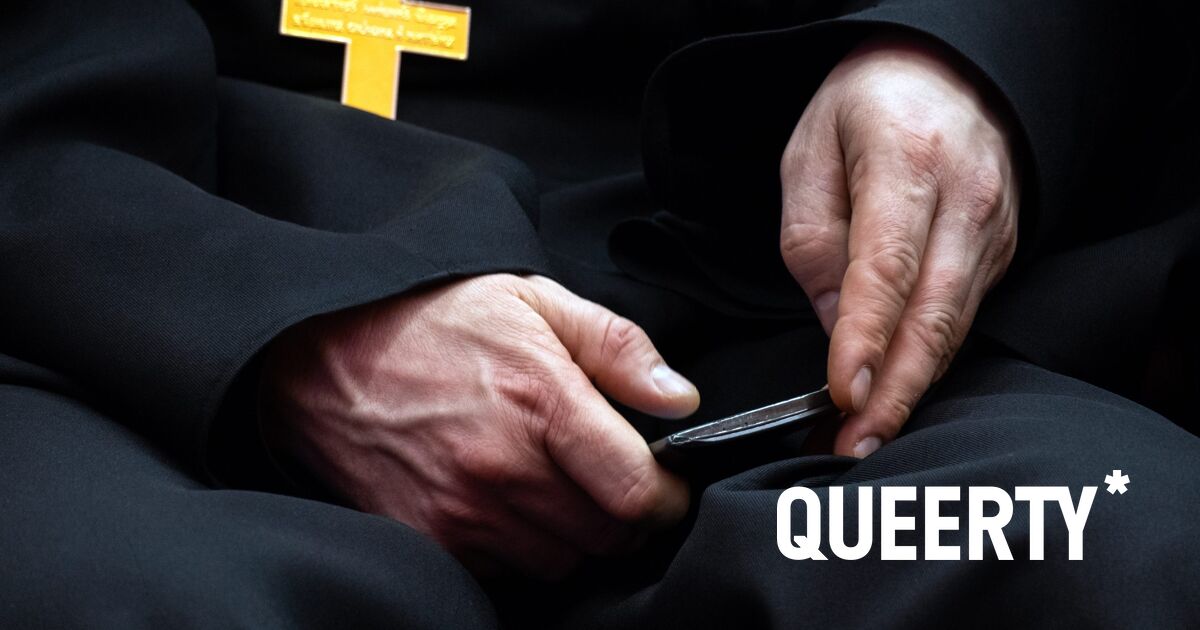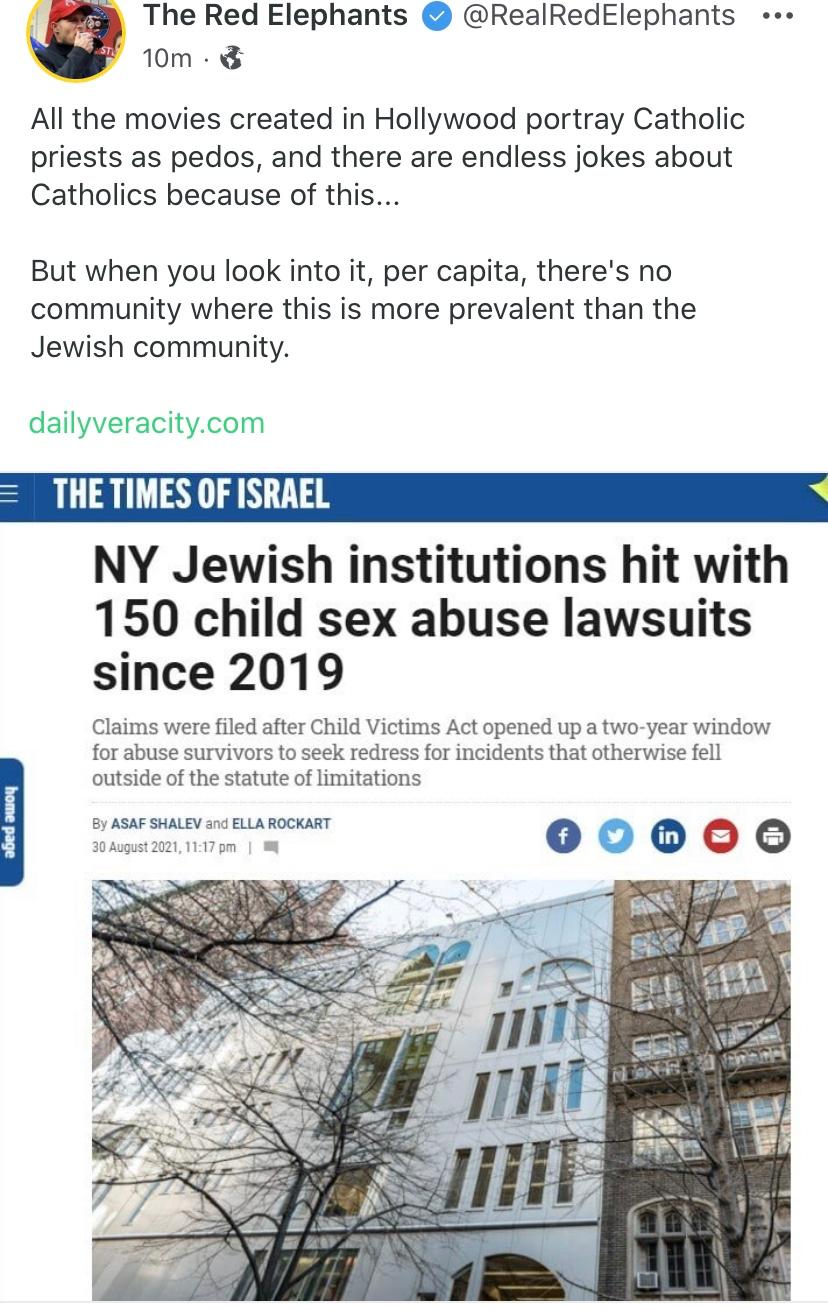I'm a Catholic, and in my opinion so much of what people get upset about with the church they don't fully understand. Take for example the "paying for absolution" argument. I could be wrong, but my understanding is they are referring to the practice of the church granting indulgences. Paying for indulgences is not paying for absolution. Absolution is the forgiveness of sins that occurs during the Sacrament of Confession. You cannot buy absolution, ever. And no amount of indulgences granted changes whether a person will go to heaven or hell.
The church teaches that the forgiveness of sins and the effects of sin on the soul are two different things. If a person is not in a state of unforgiven mortal sin (a serious separation from God's will for us) they will go to Heaven. But they are still not READY for heaven. Choosing to sin has consequences, it affects our very nature of who we are. Being truly sorry for our sins and accepting God's forgiveness and mercy does not yet make one a saint.
Purgatory is where, according to the church, these sinful aspects of who we are are burned away by the fire of Gods love for us, and our love for him. Its an experience where we realize how much our sins wounded God, and our desire for sin is burned away. I've also heard theories that we might experience the pain our sins caused others so we can understand the damage it causes. Maybe? IDK. But this experience is referred to as temporal punishment by the church. This is what the church teaches that indulgences can lessen for a soul. Indulgences are generally granted for things such as saying certain prayers frequently, attending mass and the sacraments on certain days, acts of charity, etc. These are all things that, when done with the proper motives, improve a person's holiness.
It is not a magic formula for getting to heaven faster. A person can't be an asshole, give away a bunch of money to the church or any charity to buy an indulgence, and think they've accomplished anything. That's not how it works. I suspect that indulgences were designed to get people to understand that we should be striving for greater holiness always, and gave them recognized ways to do that. I also believe that the practice got out of hand because many people wanted to complete holiness checklists rather than actually be holy. I've seen this is people even today when it comes to indulgences.
Now did some priests abuse this practice in the middle ages? Quite possible, I would assume so. My point is only that the Catholic Church has never taught that you can buy salvation. It taught that charity is a practice that can improve one's holiness. Not forgive sins. So the argument that the Catholic Church is corrupt because it somehow extorted money from people in exchange for salvation isn't based on actual church teachings.




